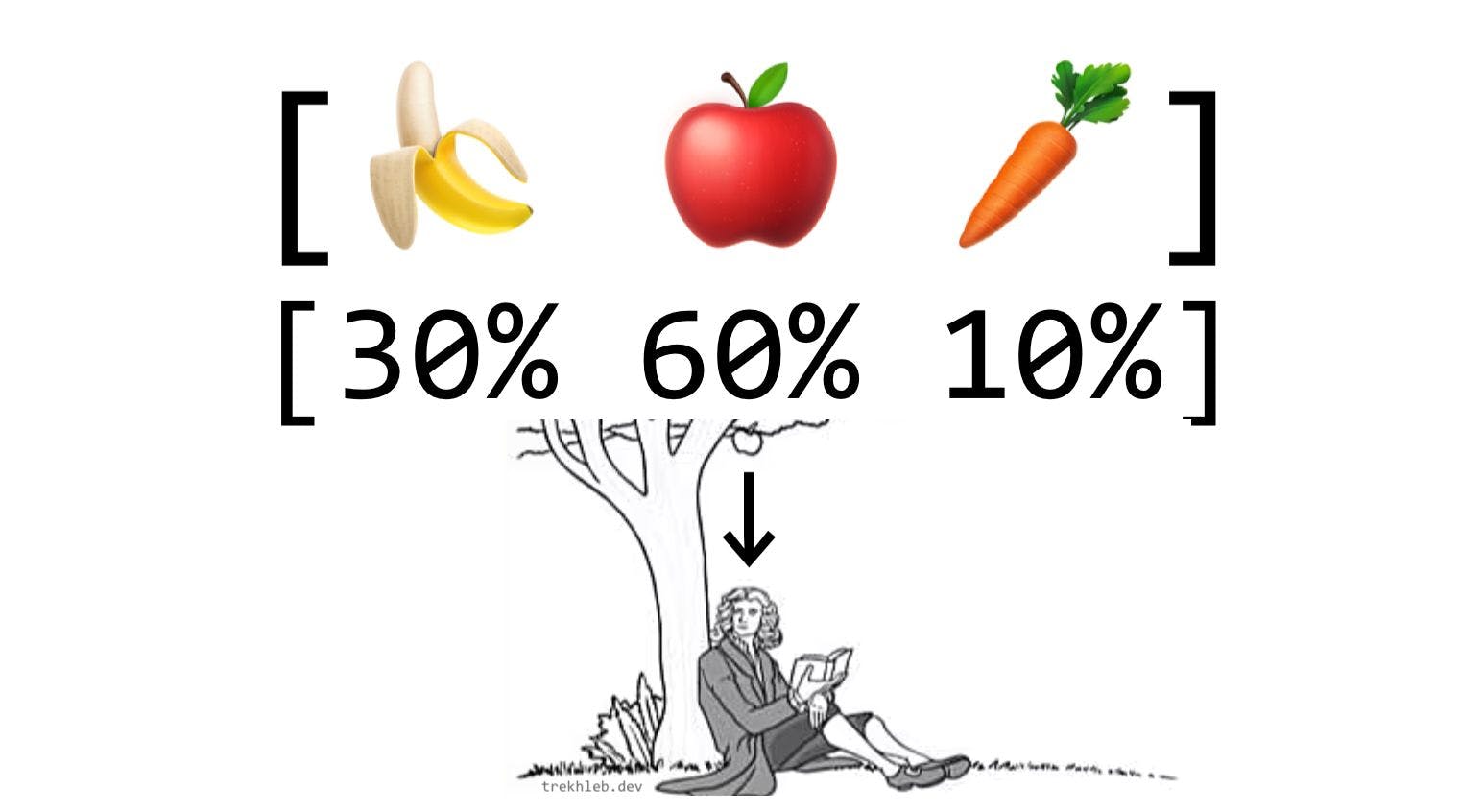965 reads
Implementing the Weighted Random Algorithm with JavaScript
by
October 22nd, 2021
Audio Presented by

Software Engineer @ UBER. Author of the 100k ⭐️ javascript-algorithms repository on GitHub.
About Author
Software Engineer @ UBER. Author of the 100k ⭐️ javascript-algorithms repository on GitHub.
